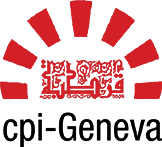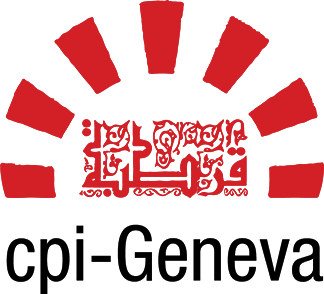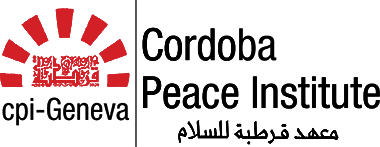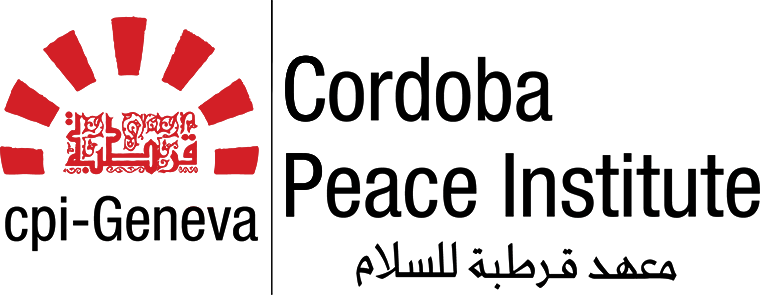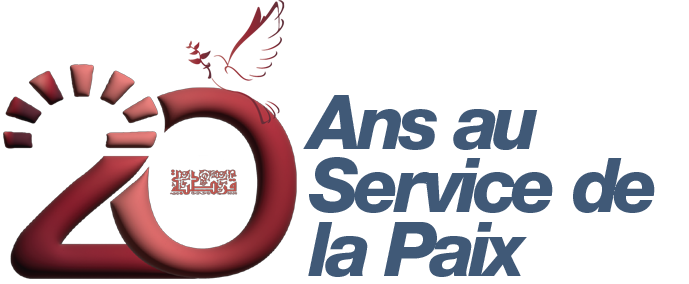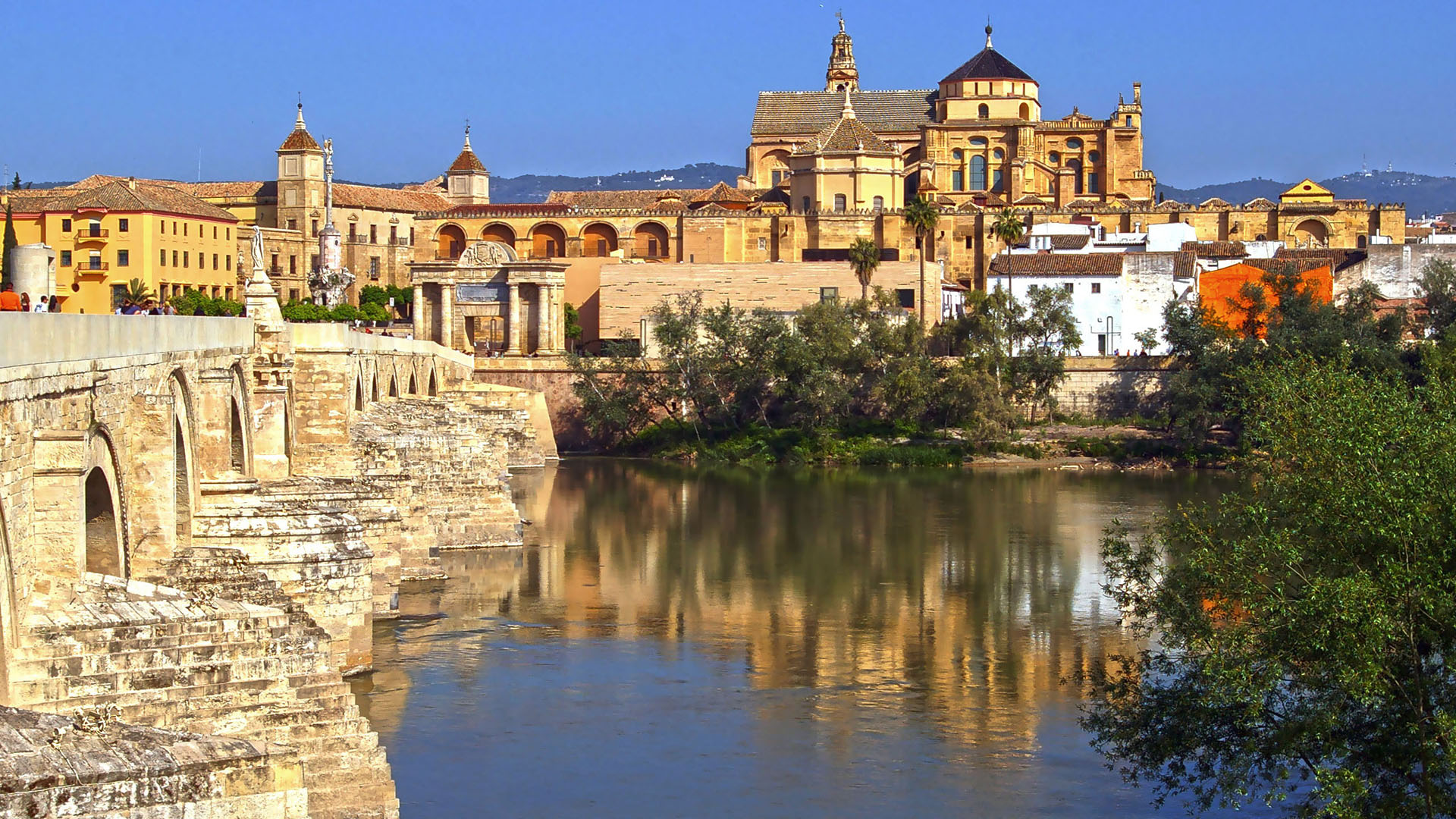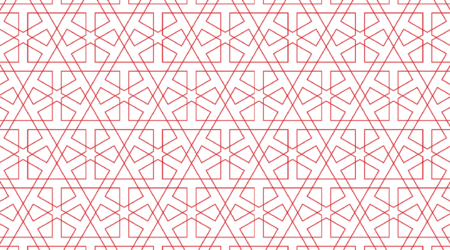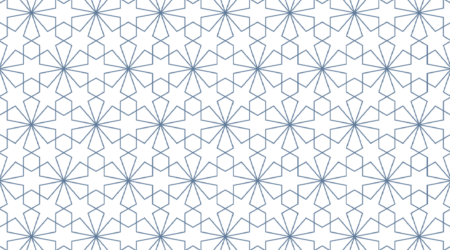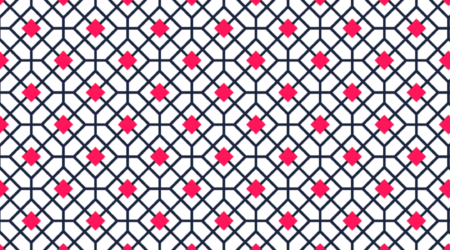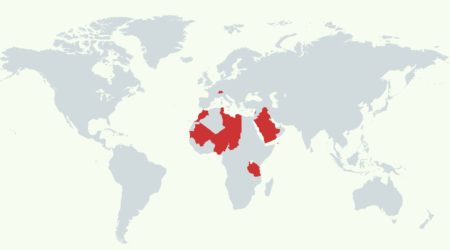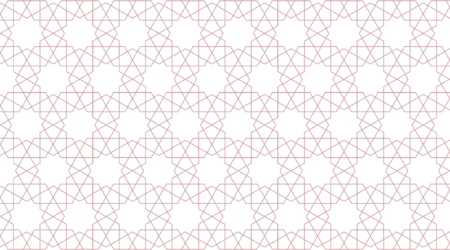The Cordoba Update, September – October 2017

Dear Reader,
We are delighted to introduce you to the new version of our newsletter, the Cordoba Update, and to announce the launch of our new website (www.cordoue.ch).
Since its inception in 2002, the Cordoba Foundation of Geneva (CFG) has been dedicated to violence prevention, conflict transformation and peace promotion, focusing on North Africa, West Asia, the Sahel and Europe, providing capacity building, offering safe mediation spaces and producing action-oriented research papers.
This bi-monthly newsletter will update you on the recent activities and publications of the CFG as well as upcoming events. It will also share with you some analytical articles produced by the CFG’s staff.
In this issue, Abdoulaye Bâ addresses the tense Mauritanian context in the aftermath of the recent constitutional referendum and the new fault lines it has generated in society, while Kheira Tarif reviews a number of processes engaging Iraqi tribal actors in consolidating peace.
We hope you will find this newsletter useful and informative and we look forward to receiving your feedback and suggestions.
Happy reading!
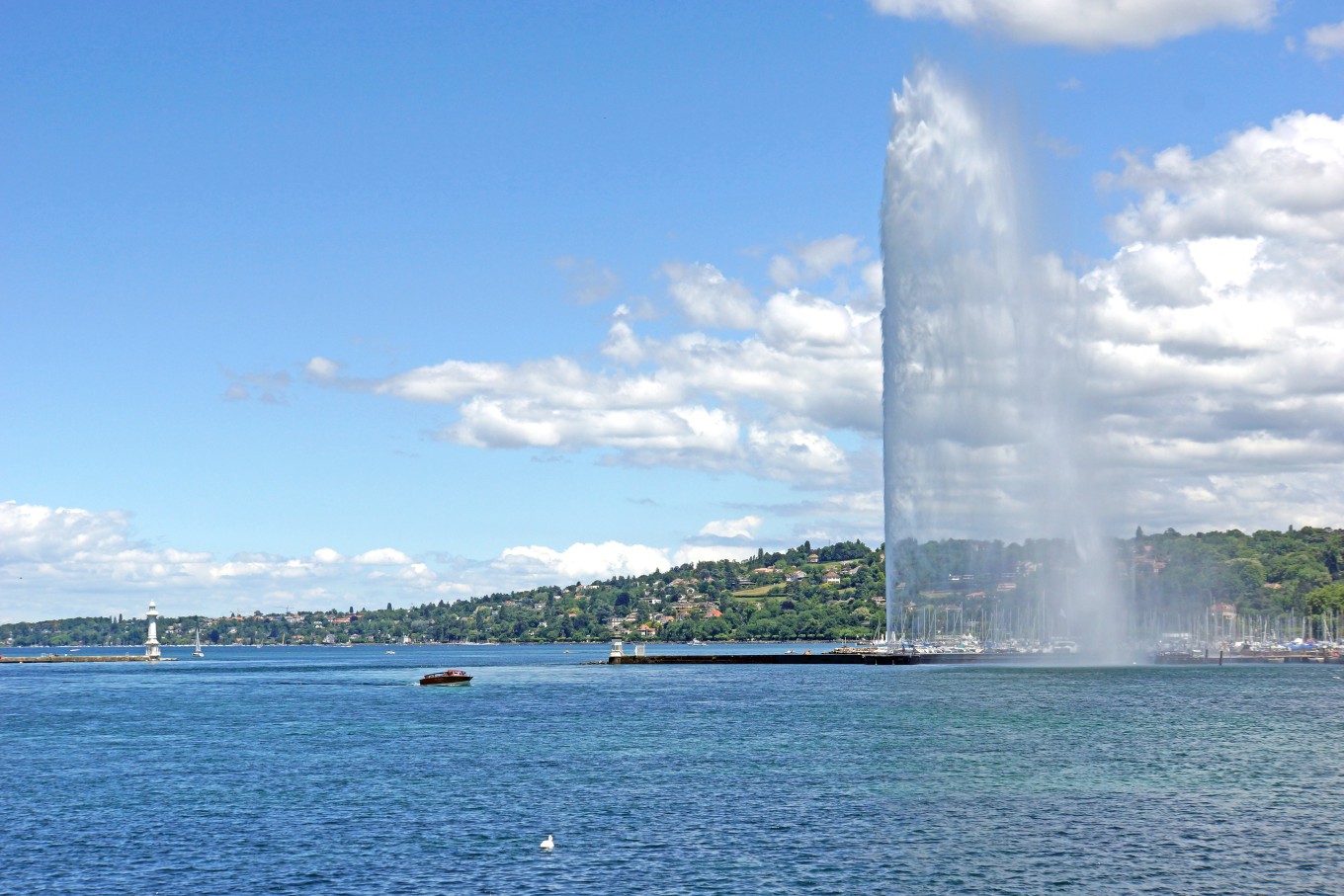
News of the Foundation
Lebanon
Launch of the “Humanitarian Charities Forum”, on August 17th, 2017, in the context of the project “Promoting collaboration among charitable associations with different religious affiliations”.
Dakar
Participation of the CFG in the workshop “Media and prevention of violence and violent extremism in West Africa and the Sahel” from June 12th to 14th in Dakar (Senegal).
Geneva Peace Week
Wednesday, November 8th, 2017, 12:30-14:00, at WCC:
The Cordoba Foundation of Geneva, in partnership with the Network for Religious and Traditional Peacemakers, the Peace Research Institute Oslo, Inclusive Peace & Transition Initiative and the World Council of Churches (WCC), is organizing a discussion panel “Religion – a Source of Conflict or a Path to Peace? The Role of Religion in Preventing Violence” in the context of the Geneva Peace Week that will be held from November 6 to 10, 2017. www.genevapeaceweek.ch
Launch of the CFG donation campaign
We are pleased to announce the launch of our new Website, together with our first ever Donations Campaign.
Our Foundation is more and more called upon to implement new projects in the context of our programs in North Africa, the Middle East, the Sahel and Europe. We need your help to respond to this increasing demand.
Moreover, in addition to our current activities, we are developing a new “Islam in Europe” program, aimed at promoting peaceful coexistence within European societies. This program focuses on the vital areas of education and the media. We are also working towards implementing a project on conflict transformation among humanitarian actors, where lack of cooperation between different NGOs can have a detrimental impact on the victims of already difficult and often tragic situations.
Your donation would greatly help us to continue our engagement in peace promotion in the support of inclusive and harmonious societies.
Thank you in advance for your invaluable support.
The Cordoba Foundation of Geneva team
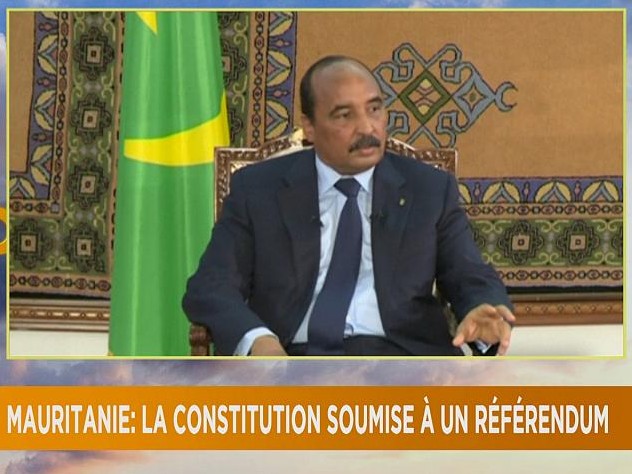 |
Sahel ProgramMauritanian Constitutional Referendum: Polarised Campaign and the Emergence of New Fault Linesby Abdoulaye Bâ |
On August 5, 2017, the Mauritanians went to the polls to vote on constitutional amendments proposed by the government. This consultation had been strongly rejected by the Mauritanian Senate, which put the government in a minority by refusing to endorse the proposal of the executive, opening a significant crisis within the ruling majority.
The so-called radical opposition, organized around the group commonly known as the « G8 », followed suit, advocating a boycott of the ballot, which it considered illegal, and accusing the executive of overriding the Senate vote. According to this group, the vote of the Senate (in March) should have resulted in the simple cancellation of the bill, in accordance with articles 99, 100 and 101 of the Constitution (adopted in 1991 and amended in 2006)1 relating specifically to constitutional amendments. These articles stipulate that the approval of two-thirds of the Assembly is required, as well as two-thirds of the Senate, to validate amendments to the Republic’s basic text. In addition, article 101 states that “a draft revision shall not be submitted to referendum when the President of the Republic decides to submit it to the Parliament convened in Congress …”. 2
Relying on “the opinion of reputable constitutionalists”, the Government had appealed to Article 38 of the Constitution to justify its approach. This article gives the President of the Republic the possibility of recourse to a referendum to decide on matters of “national importance”.
This resulted in a showdown between the Government and the senators, who were previously regarded as government supporters and who are, for the most part, members of the ruling Union pour la République Party (UPR). And for good reason: one of the clauses of the proposed revision includes the abolition of the Senate, in addition to that of the High Court of Justice. It also proposes a modification of the country’s flag and “improvements” to the national anthem, the words of which, written in 1924 by a Sufi scholar, are considered too religious and lacking in patriotic sentiment.
Finding themselves in an alliance of circumstance with senators fighting against their own side, the radical opposition has shown a certain cohesion, even if one of its parties, the Convergence Démocratique (CD) decided to take part in the ballot, unlike all other members, who adopted the boycott.
This has been followed by a very polarized campaign, with verbal attacks bordering on public insult and slander from both sides. Symbols that had up until then embodied a consensus within society have been denigrated, and this has led to the establishment of armed vigils tinged strongly with tribalism and regionalism between the protagonists. In this context, words attributed to certain people in power, such as the mayor of Zouérate, a retired former senior officer and close friend of President Aziz, concerning the author of the national anthem, Sheikh Baba Ould Cheikh Sidiya, have aroused great controversy.3 Worse still, they have caused new fractures which have aggravated the deep political crisis that has torn apart the country since the coup d’état in August 2008. Moreover, local public opinion perceived very badly a statement by the president of the ruling UPR party: in a public meeting, Sidi Mohamed Ould Maham allegedly gave President Aziz “attributes reserved to Allah”, by paraphrasing a Qur’anic verse stating that he (Aziz) “feeds the hungry and reassures the frightened”.4
The opposition, who organized protests which were frequently banned and repressed, have criticized President Ould Abdel Aziz and his regime directly and without restraint.5 On several occasions, certain opposition leaders have made public personal attacks against the President and his family. These words, described as “filthy,” have been denounced by the partisans of the ruling power.6
The referendum did not arouse much the enthusiasm among Mauritanians. Despite strong public mobilization carried out by the authorities, with President Aziz in the lead, voters seem, for the most part, to have deserted the ballot box. In the view of observers, not many went to vote, particularly in the large urban centres, notably Nouakchott. On the other hand, there was greater affluence in the hinterland, and especially in the countryside.7
According to the announcement of the results, the “yes” vote prevailed by more than 85%. The main issue at stake in this consultation was the participation rate, and the Independent National Electoral Commission CENI reported a rate of 53.75%.8 This figure was strongly contested by the opposition, who denounced massive electoral fraud characterized by the stuffing of ballot boxes by the administration and the ruling party. They also cried foul concerning the manipulation of the figures by the CENI. According to the G8, the electoral commission grossly overestimated participation due to pressure from the ruling power. The seven members of the electoral commission unanimously rejected these accusations.
Another issue at stake in this poll was the question of the third mandate that President Aziz would like to run for in 2019, contrary to the provisions of the current Constitution. On leaving the polling station where he had fulfilled his duty as a citizen, Mohamed Ould Abdel Aziz clearly reaffirmed that he would not seek a third term. “The revision of the Constitution is not meant to allow me to present myself for a third term as the opposition claims,” he said, “but we will amend certain articles of this Constitution with the aim of improving it, without touching presidential prerogatives. This constitutional improvement could take from two to five years, or even ten years,” 9 he said.
Immediately after the ballot, several senators and the radical opposition rejected the results. According to them, this election would have no legal consequence for the life of the country. The flag, the national anthem and the dissolved institutions remain in force. They have promised to continue their action of “resistance against the serious dictatorial drift that the regime is taking” and the defence of democracy and the legal institutions10.
In reaction, the ruling power quickly started implementing the results of the referendum, closing the Senate premises, withdrawing the diplomatic passports of senators and adopting bills to endorse changes to the flag, the national anthem and the transfer to the National Assembly of the powers devolved to the “dissolved” Senate.11
In an attempt to gain victory in the stalemate, the leader of the opposition in the Senate, Mohamed Ould Ghadda, was arrested on 11 August and imprisoned by the Economic Crimes Brigade.12 Facing as yet unspecified charges, he is in police custody and has not yet been brought before a judge, two weeks after his arrest. According to his lawyer, he is reproached for colluding with a businessman exiled in Morocco, Mohamed Ould Bouamatou. The latter is accused of bribing senators with millions of UM to convince them to vote against the constitutional amendments, causing his enemy President Aziz trouble with the members of his own camp.
Eleven other former senators, two trade unionists, five journalists and a former non-commissioned officer were also arrested and questioned about their alleged links with businessman Ould Bouamatou.13 They were mostly released after hours of interrogation, except for Senator Ould Ghadda and the non-commissioned officer, who were imprisoned. All other members of this group have been placed under judicial control pending trial. An international arrest warrant was issued against businessman Ould Bouamatou and his business manager. These measures have raised tensions. Civil society associations, political parties and external partners of Mauritania, such as Germany, have expressed serious concerns about the situation.
As can be seen, the referendum of 5 August has far from calmed the situation in Mauritania. It has even exacerbated divisions between political actors and has given rise to new political, community and even religious lines of tension.
(*) For more information on the Sahel Program, please contact Abdoulaye Bâ (abdoulaye.ba@cordoue.ch) or Sarah Franck (sarah.franck@cordoue.ch)
_________________________
1 http://www.la-constitution-en-afrique.org/article-12871105.html
2 http://cridem.org/C_Info.php?article=696370
3 http://cridem.org/C_Info.php?article=700812
4 http://adrar-info.net/?p=41288
5 http://www.lemonde.fr/afrique/article/2015/04/24/en-mauritanie-l-opposition-tire-a-boulets-rouges-sur-le-pouvoir_4622346_3212.html
6 https://lesmauritanies.com/2017/07/27/revelations-rocambolesques-du-senateur-ould-ghadda/
7 http://afrique.le360.ma/mauritanie/politique/2017/07/06/13182-mauritanie-un-5-aout-entre-referendum-et-journee-ville-morte-13182
8 http://www.ceni.mr/
http://fr.ami.mr/Depeche-41802.htm
http://www.jeuneafrique.com/464117/politique/mauritanie-nette-victoire-pour-le-oui-au-referendum-constitutionnel/
9 http://www.rfi.fr/afrique/20170806-referendum-mauritanie-spectre-3e-mandat-abdel-aziz-domine-campagne
10 http://aa.com.tr/fr/afrique/mauritanie-la-coalition-de-l-opposition-qualifie-de-choquants-les-r%C3%A9sultats-du-r%C3%A9f%C3%A9rendum/879482
http://www.rfi.fr/afrique/20170808-mauritanie-referendum-constitutionnel-rejet-resultats-senateurs-sidi-nemine
11 http://cridem.org/C_InfoConCat.php?articl=101&tt_news_cat=66
12 https://lesmauritanies.com/2017/08/11/mauritanie-nouvelle-arrestation-du-senateur-ould-ghadda/
http://www.pointschauds.info/fr/2017/07/11/mauritanie-le-parquet-se-prononce-sur-larrestation-du-senateur-ould-ghadda/
http://www.lestracesdelinfo.com/2017/08/21/mauritanie-fndu-larrestation-de-ould-ghadda-demontre-une-crise-du-pouvoir/
13 http://rimweb.net/affaire-ould-ghadda-apres-les-journalistes-des-syndicalistes-sont-entendus/
https://fr-fr.facebook.com/cridem.org/posts/1390185604390600
http://www.cridem.org/index.php?id=82&no_cache=1&tx_ttnews%5Btt_news%5D=17977&tx_ttnews%5BbackPid%5D=36&cHash=fc52b66057
http://www.slateafrique.com/774369/rdc-rsf-deplore-la-vague-darrestations-de-journalistes-lundi
{/slider}
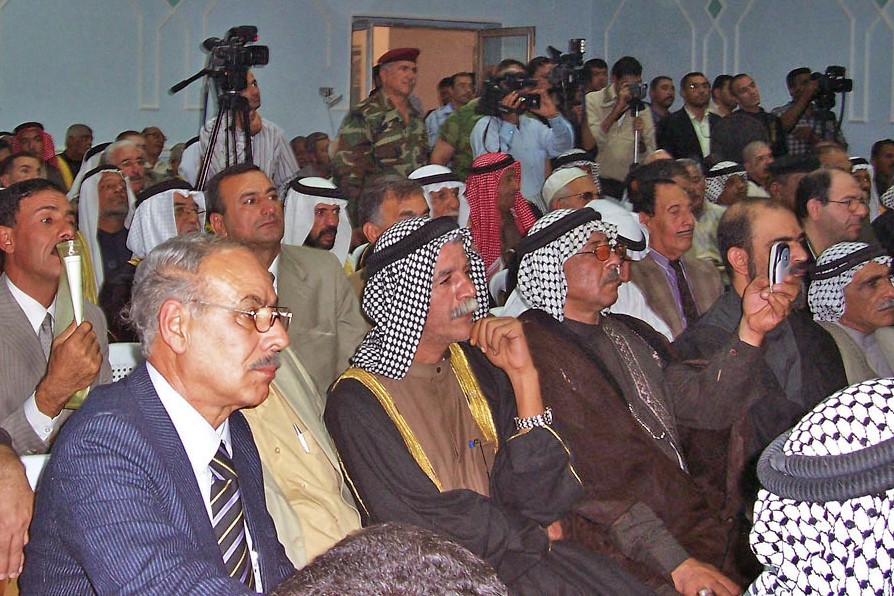 |
Middle East ProgramProcesses Engaging Iraqi Tribal Actors in Consolidating Peace – a Reviewby Kheira Tarif |
In the context of the Cordoba Foundation of Geneva’s Middle East Program, a discussion with Iraqi partners fostered the idea of working with tribal and religious leaders as influential actors of change and reconciliation in the country. Strengthening locally-accessible and legitimate dispute resolution mechanisms can help stem the escalation of local tensions in Iraq, and detract from the rationale of violent alternatives. Investing in the ‘peace infrastructure’ of tribal actors and networks is seen as a mechanism for reinforcing broader, nation-wide peace processes. The resulting project aims at addressing the marginalisation of influential Iraqi actors, fostering mutual trust and promoting a peaceful and inclusive shared civil space. Its preliminary phase, launched in February 2017, focuses on defining the most appropriate approach to the process. The preparations have involved research into the actors likely to be approached for this process, as well as a review of previous processes that have engaged tribal leaders in working towards the consolidation of peace. A portion of the latter work is published below.
Tribes are widely understood as a core constituency of the Iraqi nation, but are perceived as a controversial social group by both international and national actors. International observers have often emphasized tribes’ patriarchal nature and their conservative religious and social values as negative aspects of tribal culture; in addition, national elites in civil society and government have viewed tribes with suspicion, due to the view that they could represent a parallel state structure which might threaten national security, integrity and cohesion.1 Despite this controversy, the deficiency (or absence) of state structures and systems underlying the social contract between citizen and state in Iraq has ensured that tribes continue to play an important role.2
Iraqi tribes have played an often-understated part in transforming tensions in the context of political, religious and inter-community violence. As one researcher explained, following the US-led intervention in 2003, a local Iraqi sheikh with political and tribal contacts “was useful in a way that political leaders sequestered in walled compounds or the International Zone seldom were for average Iraqis.” 3 Certainly, following one of the deadliest periods of sectarian violence in Iraq, in 2006-2007, Baghdad’s tribal leaders were active in dispute resolution within and between Sunni and Shia communities, acting independently from local authorities, the central government or international peace actors.4
Broader recognition of the potential advantages of engaging traditional leaders and methodologies in Iraqi peace processes has resulted in demonstrable, if infrequent, examples since 2003. Notably, advocacy for tribal engagement in peacebuilding has been increasingly evident since the meteoric rise of the ‘Islamic State’ armed group in 2014, and tribal actors and networks have been recognized as presenting the possibility of strengthening community relations and local-level peace agreements, feeding into the elusive nation-wide project for reconciliation in Iraq.
The United States Institute for Peace (USIP) has supported three mediation initiatives between tribal leaders and other representatives of Iraqi society since the US-led international intervention in Iraqi, in 2003. The first took place in 2007, in Mahmoudiya; the second in 2014, in the aftermath of the Camp Speicher massacre; the third in 2017, in the multifaceted and contested province of Kirkuk. All three initiatives featured the engagement of local NGOs: Sanad for Peacebuilding and the Network of Iraqi Facilitators (NIF).
The 2007 Mahmoudiya Tribal Reconciliation Initiative5 brought together 31 tribal representatives from the eponymous neighbourhood, south of Baghdad, dubbed the “Triangle of Death”. This initiative facilitated local tribal leaders to meet, dialogue and produce consensus on how to advance their local, mixed communities in the context of a violent, asymmetrical conflict. USIP described this process as a joint project, incorporating Sunni and Shia tribal leaders, government officials, civil society actors, a US Army Brigade, and 8 Iraqi facilitators. Over two days of dialogue, local leaders from Mahmoudiya agreed on 37 points for a three-year plan, supporting reforms in local governance; the rule of law; the economy and social well-being; and for collaborating with local government and security authorities.6 In the immediate aftermath of the accord, observers noted the sharp fall in causalities in the neighbourhood of these tribal actors, followed by the successful return of many exiled tribal leaders to their communities. The relative stability in the Mahmoudiya area since the conclusion of this dialogue has been cited as proof of the potential benefits of tribal engagement in dialogue and mediation in Iraq.7
The 2014 USIP-supported Camp Speicher mediation followed the infamous massacre and aimed to reduce tensions between tribes that were apparently implicated or adversely affected by the ‘Islamic State’ attack on Iraqi air force cadets and soldiers in June 2014.8 This initiative sought to address the threat of revenge killings and sectarian violence between Iraqis in the Tikrit area, in the aftermath of the massacre. The grounds for this process were prepared through individual and intra-community dialogues with tribal leaders, religious bodies, civil society actors, government agencies and UN representatives, finally establishing a committee of 16 tribal leaders representing both sides of the dispute.9 Dialogues were followed by a conference of tribal leaders, which resulted with two tribes accused of complicity with Islamic State group – al-Bu Ajeel and al-Bu Nassir – publically refuting their involvement in the Camp Speicher massacre and committing to cooperate with Iraqi authorities in bringing the guilty parties to justice.10 Furthermore, the initiative reportedly had an impact beyond the cessation of hostilities between tribal actors. It facilitated improved relations with “tribal sheikhs, militias and government officials,” which “had unlocked another door – the prospect that families who’d (sic) fled Tikrit… could return.”11 As relations improved among local leadership, some 400 Sunni families safely returned to their communities, escorted by members of the popular mobilisation forces.12 According to USIP, within weeks, more than 1,000 families were able to return.13
The 2017 Kirkuk agreement, between 51 tribal leaders and local authorities, aimed to pre-empt revenge killings of Islamic State group collaborators, along with other perceived negative cultures pertaining to tribal justice.14 This initiative sought to shift tribal leaders’ “perspective on the value of official justice mechanisms” through a series of dialogues and consultations between tribal leaders and government officials, facilitated by Sanad and NIF. In particular, the process targeted tribal leaders who had been displaced by the Islamic State group from the Hawija region. The process reportedly elicited a number of outcomes, including tribal leaders’ adherence to international human rights, condemnation of terrorism, renouncing political and religious extremism, eschewing tribal forms of retribution, and supporting official justice systems and law enforcement authorities.15 As reported by the Emir of the al-Nu’aim Tribe, the Kirkuk Agreement positively reinforced “the role of tribes in achieving security and peace amongst the Iraqi community;” while a USIP officer opined that it contributed to the short-term stabilisation of the province, as well as the longer-term strength of Iraq’s government institutions, by improving relations between the state and traditional leaders. According to USIP, the initiative’s success is demonstrated by the exponential growth in tribal signatories to the agreement, which doubled in the six months following its announcement.
These three initiatives demonstrate the development of tribal inclusion in peacebuilding in Iraq. The 2007 Mahmoudiya initiative demonstrated attempts to redress the frayed relations between religious communities in the context of a new political order, through the medium of tribal representatives. The subsequent Camp Speicher and Kirkuk mediations are indicative of the potential role for tribal actors in bridging the divide between communities that have been on the receiving end of Islamic State group’s violence. Furthermore, where the Camp Speicher mediation in 2014 focused on reducing tensions between religious communities in the Tikrit region, the 2017 Kirkuk Agreement featured a longer-term focus of pre-empting violence between local religious and ethnic groups. This suggests a development in the appreciation of the role of Iraqi tribes, from parties to conflict, to victims of conflict, to potential peacebuilders within society.
A forthcoming research paper entitled “Tribes and Religious Institutions in Iraq” – written by Dr Renad Mansour on behalf of the Cordoba Foundation of Geneva – expands on the existing information about Iraqi tribes by identifying key tribal and religious actors and exploring the role of their networks. English and Arabic versions of this paper will be published on the Foundation’s website in autumn 2017.
(*) For further details on the Middle East Program, please contact Catherine Germond (catherine.germond@cordoue.ch)
_________________________
1 Al-Musawi, N.A. (23 June 2015)
“الموقف القانوني من الاعراف العشائرية السلبية”
(The Legal Position on Negative Tribal Customs). Iraq High Court. Available at: www.iraqja.iq/view.2877/
2 Bassem, W. (30 October 2015) “When Conflict Arises, These Iraqis Go to the Madeef.” Al Monitor. Available at: http://www.al-monitor.com/pulse/originals/2015/10/iraq-madeef-tribes-host-disputes-politicans.html
3 Carroll, K.B. (2011) “Tribal Law and Reconciliation in the New Iraq,” The Middle East Journal, 65(1). 21-22. Available at: https://muse.jhu.edu/article/416660/pdf
5 “Iraq: Mahmoudiya Tribal Reconciliation Initiative.” (14 November 2007) United States Institute of Peace. Available at: https://www.usip.org/publications/2007/11/iraq-mahmoudiya-tribal-reconciliation-initiative
6 “Mahmoudiya: Cornerstone for Peace and National Accord.” (2007) United States Institute of Peace. Available at: https://www.usip.org/sites/default/files/file/mahmoudiya_accord.pdf
7 “In Iraq’s Former ‘Triangle of Death,’ a Decade of Stability. An Anniversary of Reconciliation in Mahmoudiya Shows How Peace Is Possible.” (9 August 2017) United States Institute of Peace. Available at: https://www.usip.org/publications/2017/08/iraqs-former-triangle-death-decade-stability
Lindborg, N. (27 June 2017) “To Stabilize Iraq After ISIS, Try a Method That Worked.” United States Institute of Peace. Available at: https://www.usip.org/publications/2017/06/stabilize-iraq-after-isis-try-method-worked
8 Gienger, V. (16 July 2015) “In the Shadow of a Massacre, a Peaceful Return in Iraq: USIP Partners Ease Tensions Over 2014 Slaughter by Islamic State.” United States Institute of Peace. Available at: https://www.usip.org/sites/default/files/In-the-Shadow-of-a-Massacre_a-Peaceful-Return-in-Iraq_0.pdf
9 “Speicher Conflict Intervention.” Sanad for Peacebuilding. Available at: http://sanad-iq.org/?project=speicher-intervention
10 “Press Release: The Press Conference for Albu Ajeel and Albu Nassir tribal leaders regarding Speicher Base Massacre.” (28 April 2015) Sanad for Peacebuilding. Available at: http://sanad-iq.org/wp-content/uploads/2015/09/Press-release-English.pdf
11 Gienger, V. (16 July 2015) “In the Shadow of a Massacre, a Peaceful Return in Iraq: USIP Partners Ease Tensions Over 2014 Slaughter by Islamic State.” United States Institute of Peace. Available at: https://www.usip.org/sites/default/files/In-the-Shadow-of-a-Massacre_a-Peaceful-Return-in-Iraq_0.pdf
12 “400 Internally Displaced Families Return Home to Tikrit City – Salahaddin Province in Iraq.” (23 June 2015) Sanad for Peacebuilding. Available at: http://sanad-iq.org/wp-content/uploads/2015/11/NIF-Sanad-USIP-Help-400-Internally-Displaced-Families-Return-Home-to-Tikrit-City-June-23-2015.pdf
13 Gienger, V. (16 July 2015) “In the Shadow of a Massacre, a Peaceful Return in Iraq: USIP Partners Ease Tensions Over 2014 Slaughter by Islamic State.” United States Institute of Peace. Available at: https://www.usip.org/sites/default/files/In-the-Shadow-of-a-Massacre_a-Peaceful-Return-in-Iraq_0.pdf
14 Strasser, F. (13 February 2017a) “How to Foster Peace in Iraq After ISIS: As Extremists’ Power Wanes, Tribal Leaders in Hawija Accept ‘Official Justice.” United States Institute of Peace. Available at: https://www.usip.org/publications/2017/02/how-foster-peace-iraq-after-isis
Strasser, F. (22 June 2017b) “Iraqi Tribes Sharpen Legal Tools to Root Out ISIS in Unprecedented Step, Sheikhs Amend Tribal Law to Use Courts, Police.” United States Institute of Peace. Available at: https://www.usip.org/publications/2017/06/iraqi-tribes-sharpen-legal-tools-root-out-isis
15 “Press Release: Announcement of the agreed Peaceful Coexistence Principles between the tribes of Southwest Kirkuk.” (15 January 2017) Sanad for Peacebuilding. Available at: http://sanad-iq.org/wp-content/uploads/2015/09/Press-Release-Southwest-Kirkuk_Peaceful-Coexistence-Principles.pdf
{/slider}
